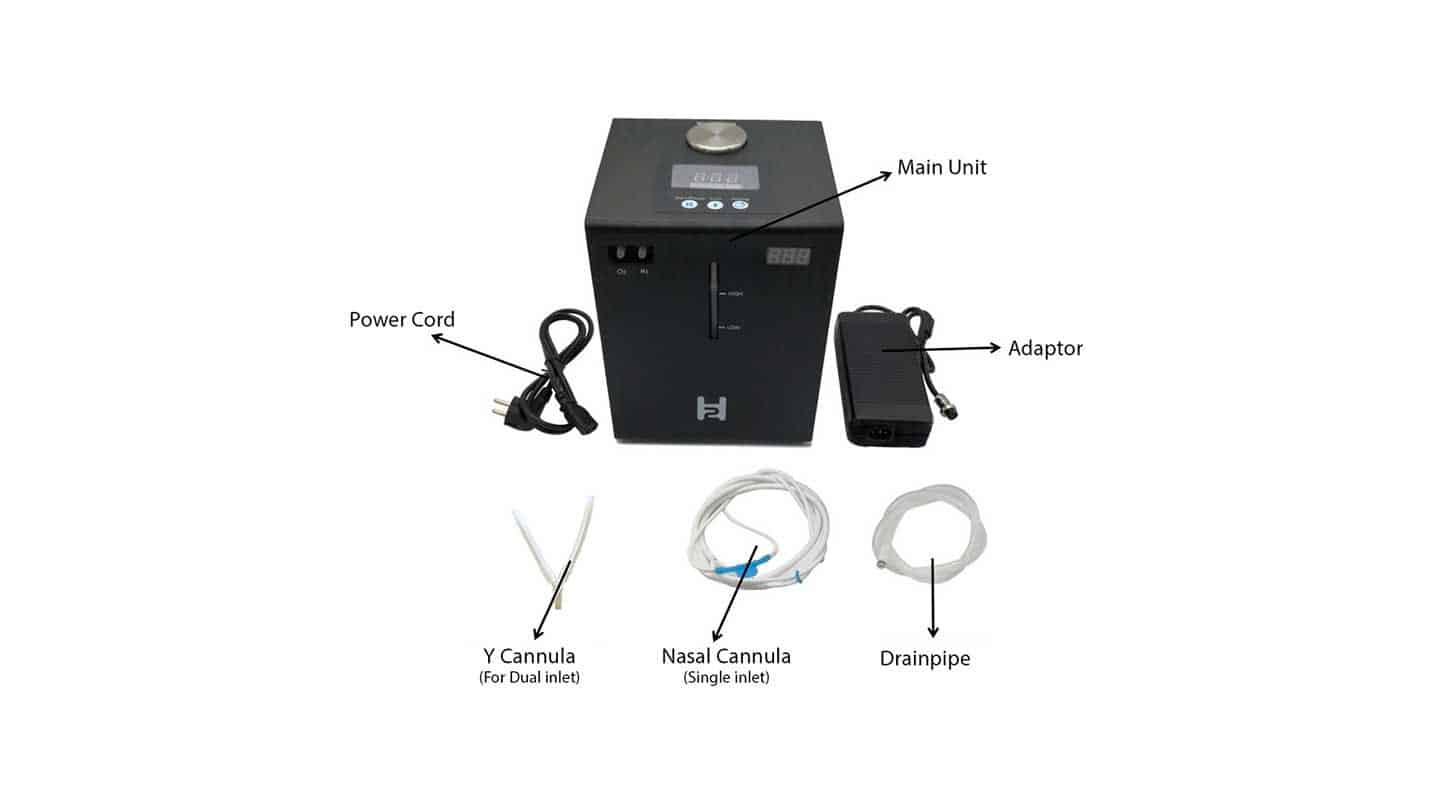World-renowned heart surgeon, Dr, Stephen Westaby presented a bulletin to the Royal College of Surgeons reporting on Hydroxy gas and Covid-19.
"Clinicians in Wuhan found the secretions to be particularly vicious and difficult to aspirate. This contributed to a failure to wean from mechanical ventilation and the need for ECMO. N-acetylcysteine was used to reduce the viscosity of the mucus plugs but severely dyspnoeic patients responded better to inhalation of hydroxy gas (a hydrogen/oxygen mixture), which reduces respiratory exertion in a manner similar to old fashioned helium inhalation (Figure 5). 5 Hydrogen also acts as an anti-inflammatory, anti-oxidant and anti-apoptotic agent which appears to help protect the respiratory cells under attack. Hydrogen is known to downregulate the inflammatory cytokines (including the interleukins and tumour necrosis factor-alpha) that are said to play a pivotal role in the so-called ‘cytokine storm’ of coronavirus pneumonia.
A multicentre randomised controlled trial investigating the efficacy and safety of hydrogen inhalation in the treatment of coronavirus pneumonia is currently underway in Chinese critical care patients.
With time it became clear that lung compliance and gas transfer are different from classical adult respiratory distress syndrome (ARDS). Very low oxygen saturation levels can be experienced in the absence of hypercapnia, tachycardia or significant deterioration in cerebral function. While the knee jerk response is to intubate and ventilate for hypoxia, the preserved lung compliance allows some patients to continue with spontaneous respiration supported by non-invasive continuous positive airways pressure or inhalation of hydroxy gas which relieves dyspnoea. In contrast, around 70% of patients committed to prolonged invasive ventilation currently die partly because of the adverse consequences of the process itself. Profound hypoxia and myocardial depression are better addressed by ECMO since positive pressure ventilation also reduce venous return and cardiac output. Such fine clinical judgments require specialist medical teams. Hence my scepticism surrounding pop-up mega intensive care units equipped with basic mass-produced ventilators. So is ventilation saving patients? With the limited survival achieved largely in younger and fitter patients, it might be argued that they would also have survived with the non-invasive route and a higher threshold for positive pressure ventilation. These new strategies are being learned as the pandemic evolves."
Ian: I’ve been using a Hydroxy inhaler for around a year. I have nothing to report in health benefit because I’m already healthy!
However we have had some quite amazing reports for Alkaway users, but they are too GOOD to be published! If you’d like to know more give Leon a call on 1800 268 469
Further Reading:
https://publishing.rcseng.ac.uk/…/…/10.1308/rcsbull.2020.108
#hydroxygas
#covid19
#royalcollegeofsurgeons
#ventilators
#ventilatorchallenge
#nhs



